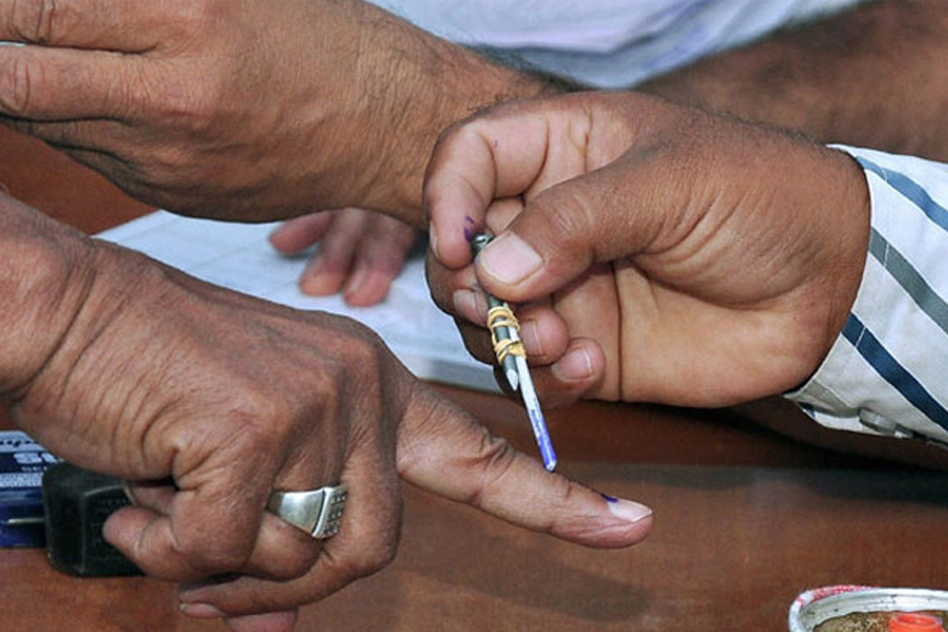
TLI Explains: Lok Sabha Passes Bill Allowing Proxy Voting For NRIs, Is It A Good Move?
16 Aug 2018 6:30 AM GMT
The Lok Sabha, last week, by a voice vote passed a bill that seeks to amend the Representation of the People Act, 1951. The bill, if passed by the Rajya Sabha in its winter session is going to allow Non-resident Indians (NRIs) to exercise their franchise by the virtue of proxy voting.
The Representation of the People (Amendment) Bill 2017 will allow NRIs to cast their votes without physically travelling back to India. Till now, only the Indian defence personnel and servicemen are allowed to do the same. According to the estimates of the ministry of external affairs, there are about 3.10 crore NRIs. However, the number of NRI voters who are on their constituency’s electoral roll is only 24,507.
The move was in the works for some time now. The Supreme Court in 2014 had asked the Election Commission of India to submit a report on the voting rights of Indians living abroad after three writ petitions were submitted by NRIs between 2013 and 2014. After the Lok Sabha elections of 2014, the EC constituted the ‘Committee for Exploring Feasibility Of Alternative Options for Voting By Overseas Electors’ which submitted to the Supreme Court in 2015. Reportedly, during the process of consultation, all major political parties except the BJP had opposed the idea of allowing proxy voting by stating that it would give rise to malpractices. The bill in question was passed by the cabinet in 2017 which then went for discussion in the Parliament.
How will this move benefit the NRIs?
India undoubtedly has a large number of its population living outside the nation, who are unable to practice their franchise because of geographical constraints. They contribute significantly to the Indian economy and such a move is going to give such Indians a voice in the decision-making process of the nation. Welcoming the move, Dr Shamsheer Vayalil, UAE-based doctor and chairman of VPS Healthcare told the Economic Times, “It has been a long process through court hearings and lobbying by many people. But at last, we get the feeling that the Indian government is taking us seriously and listening to our voices. Across all political dispensations, no one is opposed to giving NRIs the right to vote.” He was also one of the NRIs who filed a petition in 2013, seeking e-voting rights for overseas Indians.
Speaking along similar lines, Suhas Bhat, an NRI told The Logical Indian, “Non-resident Indians continue to have a desire to contribute to the country but if they can’t get a chance to take part in deciding who’s in the government then that link becomes weaker.”
Why is NRI Proxy voting being criticised?
While millions of Indians are hopeful that this will pave their way for voting in the upcoming elections, the move comes amidst a number of criticisms. The vulnerable nature of the process of using a proxy and the loss of secrecy while using the mechanism are the two points which are being raised by the critics. Former Chief Election Commissioner TS Krishnamurthy told BloombergQuint, “The law protects the privacy of a voter. The amendment would violate the secrecy of the voter’s choice.” Members of other parties in the Parliament too criticised the move.
Free and fair voting is the right of every individual of the country, however, the method of proxy voting might render that null and void as the proxy voters might not choose to cast their votes according to the will of the NRI who assigns the proxy. This might also pave the way for gross misuse and violation of electoral norms. While the Congress held that voting in person was the only way to curb malpractices, according to Economic Times, BJP unanimously held that allowing proxy voting is best suited due to logistical problems that e-voting brings with itself. Moreover, the Indian diaspora abroad is spread in different parts of the world, which will pose an implementational challenge when it comes to proxy voting.
The critics have also raised questions about the possibility of the ruling party trying to capitalise on their popularity wave overseas. Moreover, some voter rights advocacy groups have said that measures should be taken to empower the poor migrant workers in India who are unable to exercise their franchise because they can’t afford to go back to their home state and vote. These poor migrant workers are estimated to be around 40 crores in number.
While this move seeks to empower lakhs of citizens who are living abroad, the authorities need to take into account the possible misuse of the mechanism and use safeguards to prevent the same.
 All section
All section













